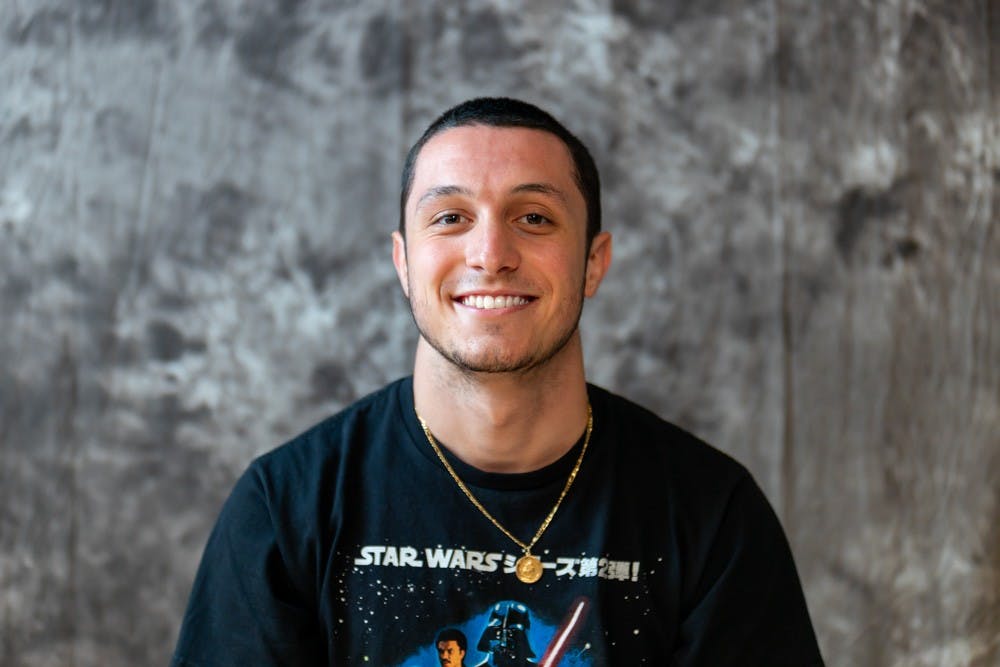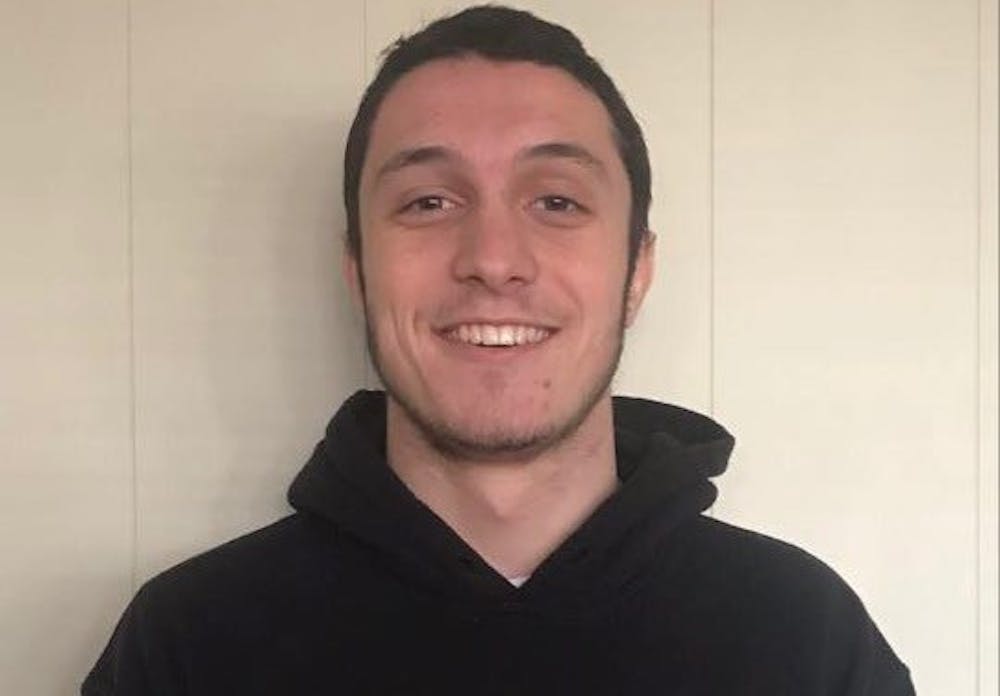The NBA “bubble” amazed fans and health professionals alike in July.
Despite playing amid an unprecedented pandemic, the league was able to finish its season while reporting zero positive cases of COVID-19 during a three-month span.
Following the bubble’s success, many believed the league would implement a similar concept for the 2020-21 season. After all, case totals were spiking across the U.S. and the bubble had worked as well as anyone could have hoped.
Instead, the league decided to make things as “normal” as possible this season. Commissioner Adam Silver decided to allow teams to travel from state to state, potentially bringing the virus with them on the journey.
This wasn’t just a short-sighted move.
It is a huge step back in the fight against COVID-19.
The NBA has already had to postpone 32 games this season.
The league didn’t have a single positive case in the bubble.
As if that wasn’t bad enough, the league erred tremendously in its judgment during the season.
For weeks, players were told to expect five days of rest in lieu of the usual All-Star weekend, as a result of the pandemic and safety concerns surrounding gatherings like the ASG.
But then, seemingly out of nowhere, the league switched its stance and told its players it would be hosting an All-Star Game in Atlanta on March 7.
During a pandemic.
Somehow, the NBA thought it would be wise to force its stars to come together from different cities across the U.S. and play in a meaningless exhibition game. Taken together with the City of Trees’ recent boom in out-of-town visitors attending large parties and gatherings, the 2021 NBA All-Star Game is a superspreader event in the making.
The league’s stars — from LeBron James to Giannis Antetokounmpo and everyone in between — have expressed their disapproval, with James calling it a “slap in the face.”
“We’re also still dealing with a pandemic,” James said following a win over the Denver Nuggets in February. “We’re still dealing with everything that’s going on. And we’re gonna bring the whole league into one city that’s open. Obviously, the pandemic has absolutely nothing to do with [the NBA’s decision] at this point when it comes to that weekend.”
Unfortunately, the players themselves have no say in this decision, as the game has been collectively bargained by the NBA and the NBA Players Association. The decision to cancel or play lies in the hands of the league.
With TV revenue being the league’s primary source of income during the pandemic, the decision was a no-brainer. As is usually the case, the NBA’s pocketbook triumphed over its public health responsibilities.
Not only will the league be able to appease its contractual obligation with Turner Sports by airing the All-Star Game, they will also be holding a slam dunk contest, three-point contest and skills competition on Sunday night.
Financially prudent? Sure.
A public health fiasco waiting to happen? You betcha.
Not only that, but the league’s elite will be spending their limited time off in Atlanta, instead of with their families. This is especially valuable time because players haven’t seen their families as much as they usually do.
Why?
You guessed it: COVID-19.
Also, the whole idea behind the All-Star Game is that fans get to watch the league’s best compete in their home city. But here’s the thing: there won’t be anybody in attendance Sunday night.
Without fans, the game will be a watered-down TV production featuring disgruntled athletes.
The decision to play the All-Star Game breaks the trust the league built with players in the bubble. Back in [what month], the league supported its players when they chose to boycott competition in response to the police shooting of Jacob Blake in Kenosha, WI.
One step forward, two steps backward.
When the payout is high, financials come first.
If there’s any silver lining, it’s that a portion of the revenue will benefit HBCU’s and COVID-19 relief.
But there’s an inherent irony here: the NBA is raising money while disrespecting the same healthcare workers and medical professionals it claims to support.
Silver is typically praised for his staunch leadership.
This time, though, he dropped the ball.
Anthony DeCicco is the senior sports editor and can be reached at anthony.decicco@ubspectrum.com

Anthony DeCicco is the Editor-in-Chief of The Spectrum. His words have appeared in outlets such as SLAM Magazine andSyracuse.com. In 2020, he was awarded First Prize for Sports Column Writing at the Society of Professional Journalists' Region 1 Mark of Excellence Awards. In his free time, he can be found watching ‘90s Knicks games and reading NFL Mock Drafts at 3 a.m.





